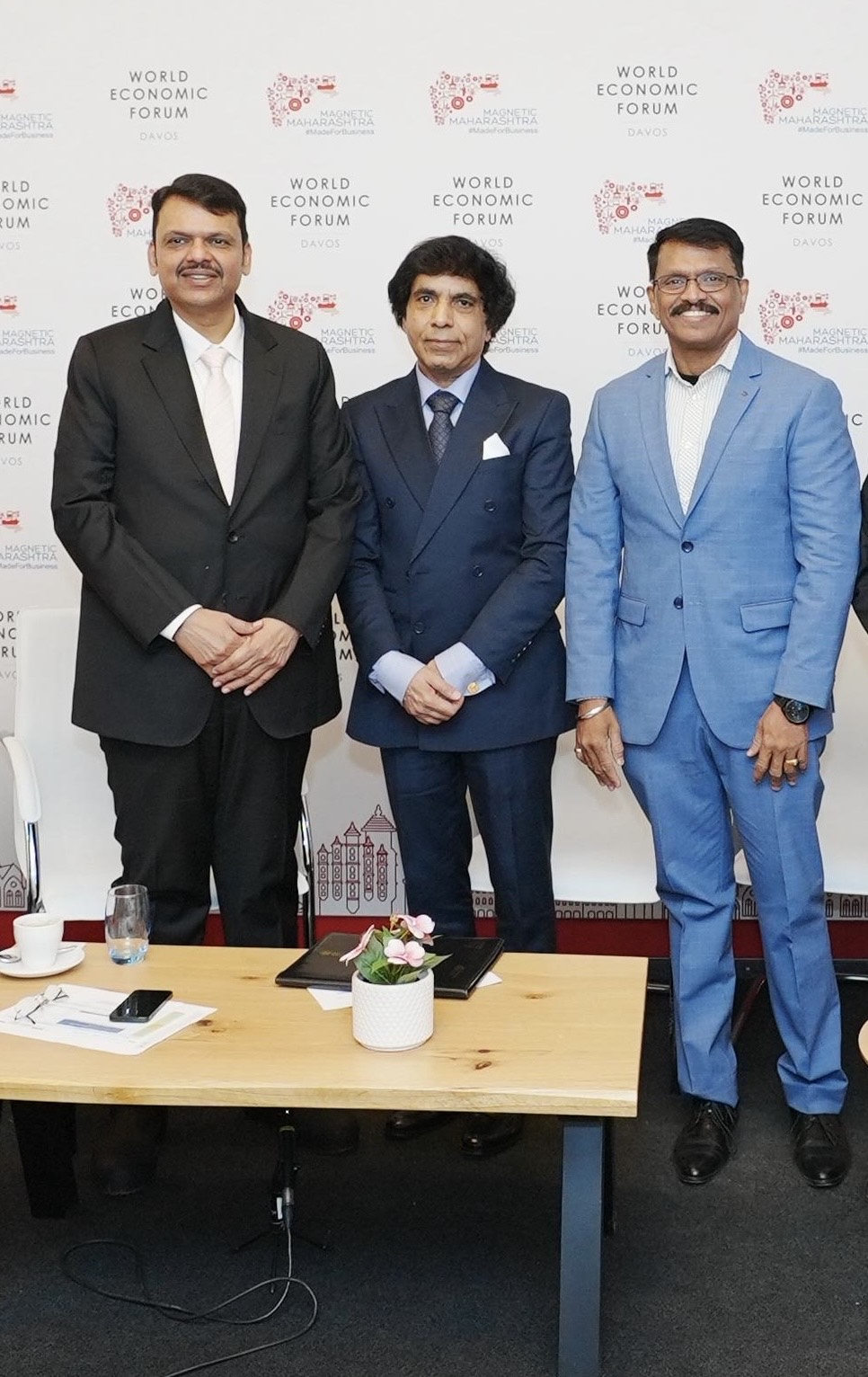Real Estate Sector - Pinning its Hope on the Forthcoming Budget

After the strong recovery the real estate made in 2022, the sector, still grappling with issues such as high input costs and rising interest rates, now pins its hopes on the forthcoming budget to be presented by the finance minister, Smt. Nirmala Sitharaman. However, despite the prevailing positive sentiments, specific challenges must also be considered. The threat of the pandemic is not entirely over. Decreasing income could also impact the demand in the price-sensitive, affordable segment and the real estate development in tier II and III cities. Below are the reactions of the real estate developers on pre-budget expectations -
Deepak Kapoor, Director, Gulshan Group, says, "The Budget should mirror the aspirations of the realty sector and support growth-inducing factors. GST rates on construction materials like steel, cement, and tiles should be rationalised, keeping in view the overall health of the sector. The government should help distressed developers and allocate funds for the completion of stuck projects. The current stand of RBI on the repo rate should also take the views of developers into account. The Budget should offer a premise of agents of development and progress and stamp out hindrances impeding the growth of the sector."
Want to get your story featured as above? click here!
Want to get your story featured as above? click here!
 |
Pre-budget expectations
"The CRE has come out of the pandemic headwinds and projected a strong recovery with many calling 2023 as the year of commercial real estate sector with remarkable retail leasing sale growth. The sector expects some incubatory measures to increase the sale velocity and stamp out impeding problems currently plaguing the sector, which include high mortgage rates on home loans. There is also a strong wave in favour of providing industry status to the real estate sector, which would also approbate taking easy loans and financial amenity assurances from banks. An apparatus of single-window clearance should be set up to augment the real estate sector's growth in the right direction," said, Dushyant Singh, Director, Orion One32.
Salil Kumar, Director - Marketing & Business Management, CRC Group, said, "Among others, we are also looking up to the government to take steps to decrease the input costs such as steel and cement, along with fuel costs. The GST on cement, one of the main consumables, at 28%, accounts for almost one-third of the total cement cost and, therefore, is an area of concern. As far as tax incentives are concerned, the sector is batting for sops to the home buyers, friendly provisions under capital gains tax investor and increasing tax concessions to home buyers among others."
Ashwinder R Singh CEO-Residential, Bhartiya Urban, says, "Basis Section 80IBA, a 100% tax break for affordable housing projects was available for projects that received approval until March 31, 2022. Developers were able to claim this tax exemption on earnings under the terms of this section, provided they met a number of qualifications, including the approval deadline. I believe its critical to reinstate this policy since its undoubtedly the most substantive step to increase the viability of affordable housing developments. Successive hikes in repo rate in 2022 taking it up from 4% to 6.25% has put some pressure on homebuyers with increased EMI. To pacify this, the most critical level would be to remove the cap of 2 lakhs deduction against home loan interest."
Mr. Harvinder Sikka, Managing Director, Sikka Group, said, "With NITI Aayog forecasting the Indian real estate sector to reach a market size of $1 trillion by 2030, the long-term prospects of the realty remain high. However, it needs decisive government intervention, and the real estate sector has now pinned its hopes on the forthcoming budget. We are looking to the government to decrease the input costs of steel, cement and fuel. The GST on cement, at 28%, should also be brought down. Other than these, we need to push for affordable housing and devise tax incentives to help the country realise its housing dreams.
Ajendra Singh, VP, Sales & Marketing, Spectrum Metro, says "Palliative reforms and measures should be brought into the Budget to aid the growth of the realty sector. The real estate sector should be recognised as an industry to help developers get easy accessibility to loans and financial amenities. Single-window clearance of projects should be sanctioned to fast-track project deliveries. GST rates for construction materials should be lowered to revive the progress of stalled projects. Rebate policies on home loan interest rates will pace the restoration of real estate demand and construction activity."
![]()
Want to get your story featured as above? click here!
Want to get your story featured as above? click here!








































.jpg.jpeg)













.jpg)

























.jpg)



















,%20Hemant%20Vishnoi%20(C),%20Yadvendra%20Tyagi%20(R).jpg)










